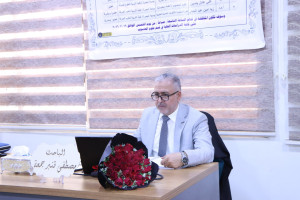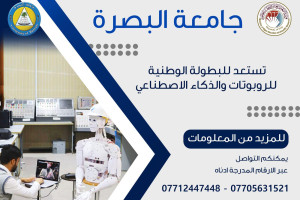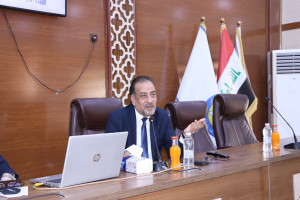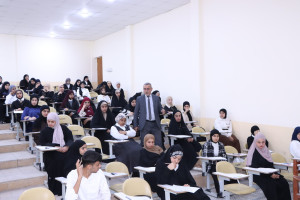
The College of Education for Pure Sciences in the Department of Life Sciences at the University of Basra discussed a master’s thesis on a comparative study of the ability of some plants to treat soil affected by salinity.
The message submitted by the researcher (Sarah Faisal Abboud) included:
Study of the problem of salinity for years. A list of problems that threaten the suitability of the soil of abandoned lands, and the most dangerous of all is arable soil. This poses a challenge facing humanity in controlling areas affected by salinity.
Salinity is defined as the high concentration of dissolved salt ions in the soil solution that have an inhibitory or toxic effect on the plant’s biophysiological activities, including sodium, chlorine, sulfate, and carbonate salt ions. When the electrical conductivity (EC) value of the saturated soil solution is higher than 4dS.m-1, it can The soil is considered saline (Hillel, 2000).
Many methods or protocols have been applied, including chemical, physical and genetic. As a whole, they achieved successes that did not live up to the level of ambition, especially since salt accumulation is a problem resulting from incorrect irrigation or natural causes. In recent years, methods or technologies have been introduced that do not pose a risk or harm to the environment and contribute to adding more green spaces. Phytoremediation is one of these methods, which is characterized by being an environmentally friendly green technology method, low in cost and economically feasible. (Shah and Nongkynrih, 2007)
The message is intended
Testing and comparing the salt tolerance capacity of barley and jet plants as a safe green technology to control soil salinity.
Testing the efficiency of organic acid Malic acid as an auxiliary technology in the plant remediation process
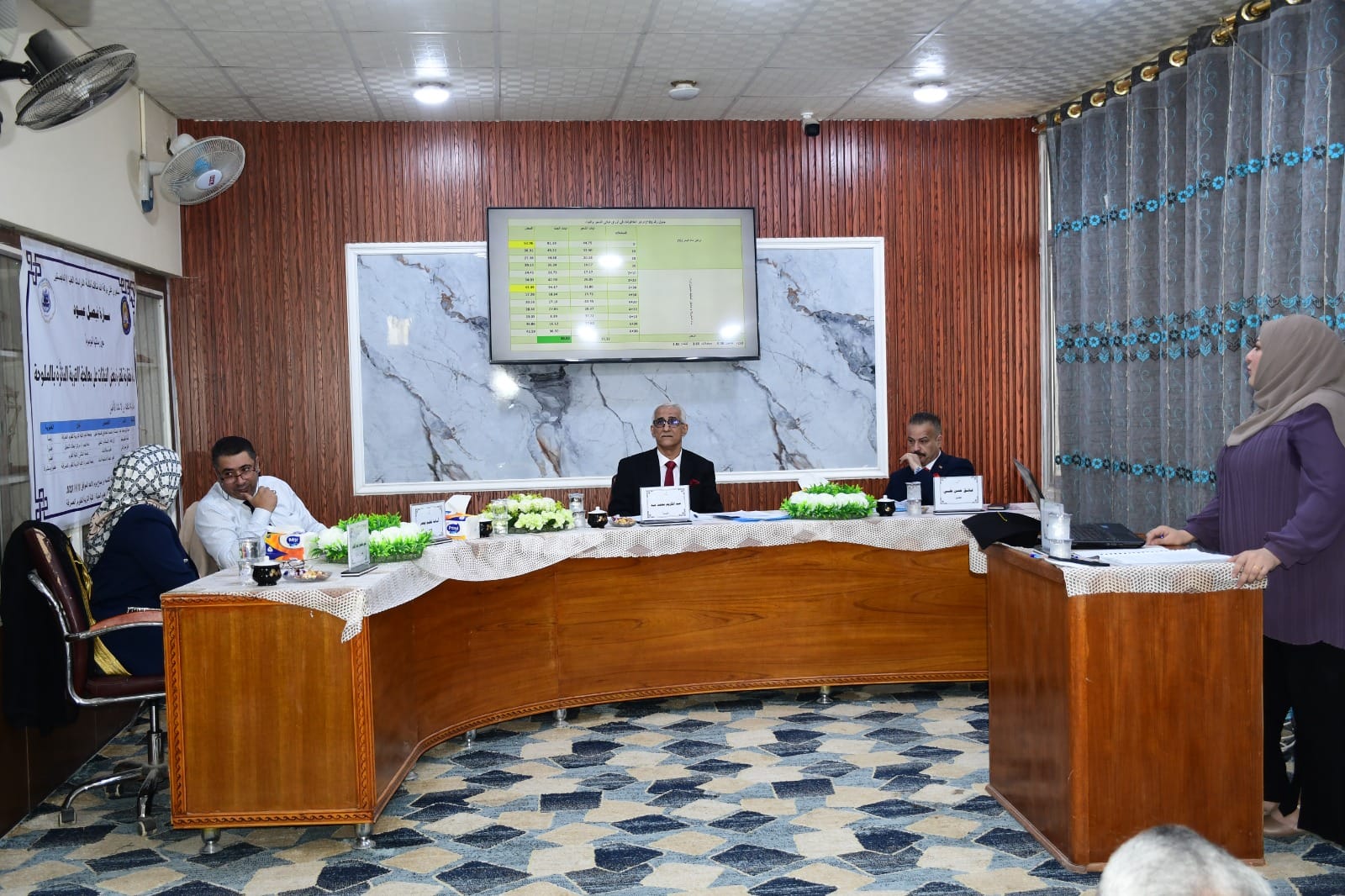 .
.

